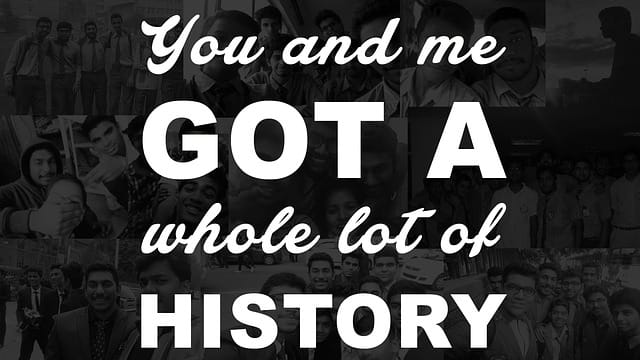Navigating the Pain of a Toxic Friend Without Losing Yourself
How to Deal with Difficult Friendships
Dealing with a difficult friendship while trying to keep your peace is no easy task. Sooner or later, we all encounter someone in our lives who is emotionally draining—sometimes it’s a teacher, a family member, or even… a friend.
But nothing stings quite like a friend who hurts you and doesn’t even seem to notice—or care.
Why Is It So Hard?
Difficult friendships shake your trust and drain your joy. They can make you question your worth, your choices, and your ability to judge people. As Maya Angelou said:
“When someone shows you who they are, believe them the first time.”
Now What? My Friend Is Difficult…
If you find yourself constantly running after a friend who never reciprocates—ask yourself this: Are they really being cruel, or are you expecting too much? Often, the pain we feel comes from unmet expectations, not malice.
Warning Signs: When It’s Not Just a Rough Patch
-
They gossip behind your back
-
Dismiss your feelings
-
Control conversations
-
Rarely apologize
-
Take credit for your ideas
-
Constantly put you down
A true friend builds you up, not breaks you down.
What You Can Do:
1. Believe the Truth They Show You
If they’ve shown you—repeatedly—who they are, take it seriously. A good friend should never make you feel small.
2. Consider Their Perspective (Without Losing Yours)
It’s emotionally exhausting to always see things their way. But some degree of empathy can help you understand if this behavior is a one-off or a pattern. Still, don’t excuse toxicity.
3. Don’t Let Yourself Be Bullied
Just because someone is struggling doesn’t mean they get to hurt you. Protect your peace. Depression is not weakness, and neither is walking away from harm.
4. Be Honest—Even If It’s Hard
Let them know how their actions make you feel. Maybe they don’t realize the damage they’re causing. If they don’t respond with care, that speaks volumes.
5. Use the Struggle to Grow
Sometimes, the hardest friendships teach us boundaries, self-worth, and emotional courage. Learn when to walk away, and when to stand your ground.
Should You End the Friendship?
Not necessarily.
Ask yourself:
-
Can I handle more of this?
-
Am I setting realistic expectations?
-
Are they capable of change—or are they choosing not to?
Being a friend to someone who’s difficult can be a powerful act of love. But not at the cost of your own emotional health.
Final Thoughts: Your Pain Is Real
Being hurt by a friend—especially one you trusted—is deeply painful. But a difficult friendship doesn’t have to end in silence. Speak up. If the friendship matters, they’ll listen.
And if they don’t?
Then you’ve learned what kind of friend they are.
And what kind you deserve.


